“If I need to pick one, he is my type,” Faris Tse says, boldly declaring his same-sex crush. “He looks really cute.” The 24-year-old student is referring to Keung To, one of the heartthrobs from Cantopop band Mirror.
But Tse is a fan of more than the band’s music, or even their pop-star good looks. “[Mirror] helps the public to understand more about the LGBT community,” he says.
In recent months, the 12-member band—known for their fresh-faced make-up and tight choreography—has taken Hong Kong by storm. Before them, such images of “soft masculinity” could only be seen in Korean dramas and music videos. With Mirror, formed in 2018 through a ViuTV reality show, Hong Kong now has its own version of K-pop superstars BTS.
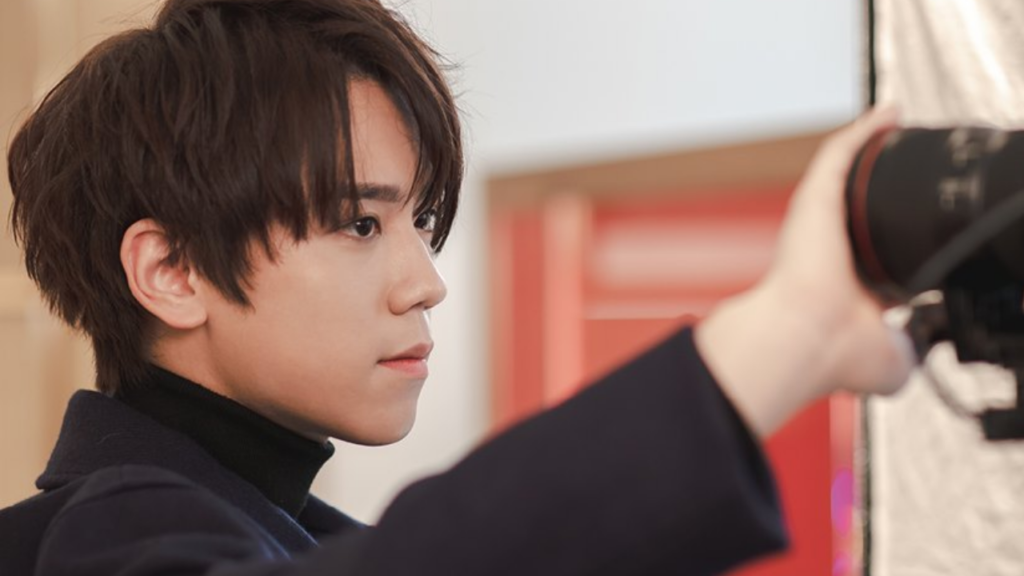
To fans, Mirror’s androgynous looks are a breath of fresh air in the city’s music scene. The band’s members, aged 22 to 33, sport funky hair and color-coordinated outfits. They’re charming and goofy in interviews, with plenty of teasing in between questions as they echo each others’ answers.
Mirror members have featured in advertisements for brands including McDonald’s and electronics store Fortress, and have even become the face of the city’s tourism board. But it’s the TV show Ossan’s Love—which stars Mirror members Anson Lo and Edan Lui as a gay couple—that’s perhaps most responsible for their popularity.
“I found the series very sweet,” says Tse. “Before that, I could only watch ‘boy love’ scenes from Thai and Taiwanese dramas. But to my surprise, we could have such a topic aired on TV in Hong Kong.”
For the LGBT community, the series’ debut earlier this year was a landmark. “It’s such an encouragement to our community to see a drama solely depict ‘boy romance’ on [mainstream] media, so that others can understand, support and even appreciate more about us [and] our sexuality,” Tse adds.
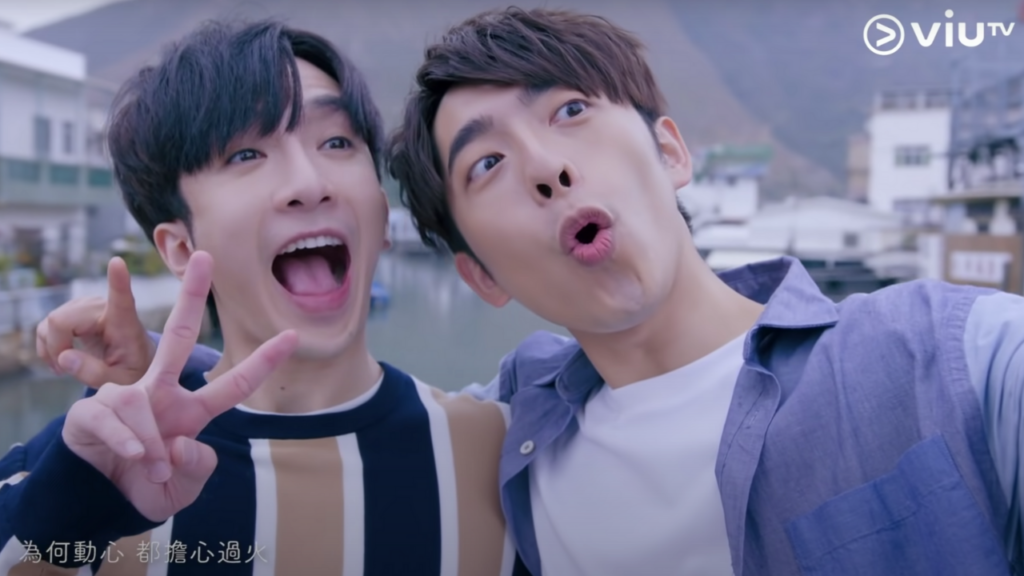
More than just encouraging the LGBT community, Tse believes both Ossan’s Love and Mirror may have swayed public attitudes in largely conservative Hong Kong. For one thing, he says, seeing stars sport androgynous make-up has helped normalize a broader spectrum of sexual expression and gender identity, including that of “girlier” men.
“Some rumors said that [a] few members from Mirror are gay, but their fans still love them [and] even find their behaviours cute, so I think people are changing now,” Tse says.
The increased acceptance is palpable on the ground, Tse thinks. He’s observed lesbian and gay couples become more fearless about holding hands and other public displays of affection. Just one or two years ago, this would have elicited glares from onlookers, but now Tse says he notices that people look at same-sex couples with friendliness instead of disdain.
Entrenched stereotypes
That’s not to say that discrimination against the LGBT community no longer exists in Hong Kong. Tse, who came out of the closet some years back, says he still experiences homophobia—like when he went for a hotel staycation with his then-partner not too long ago.
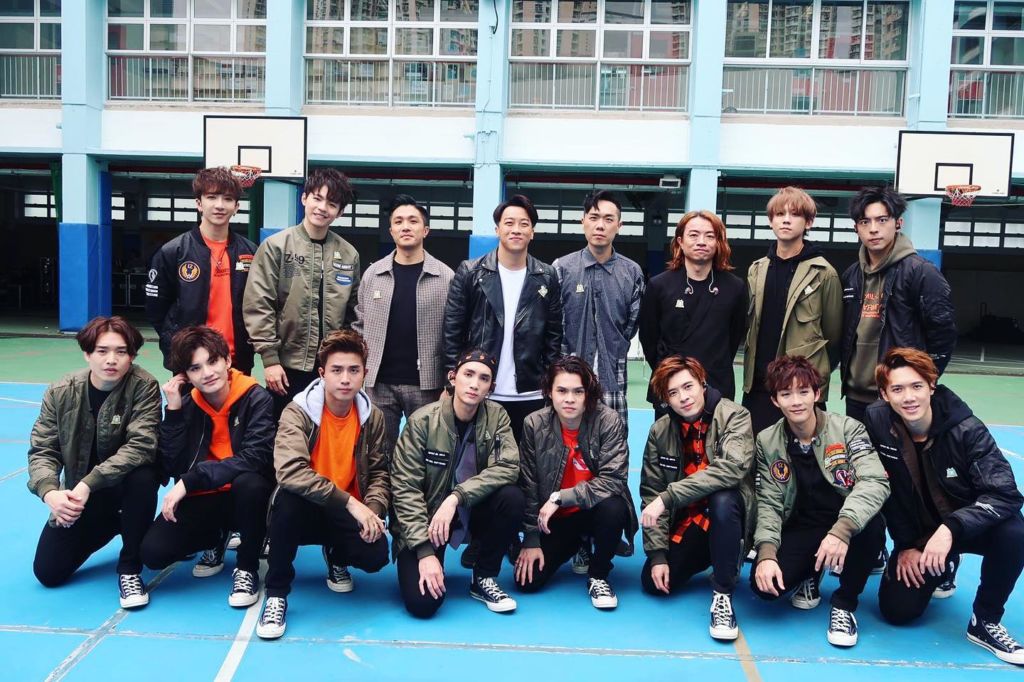
“One receptionist sized us up… when we checked in together,” he recalls.
Joe Li, chairperson of Les Corner Empowerment Association, agrees that Hong Kongers may not be as progressive in their attitudes as they may sound.
“I don’t think people will come out because of the drama. Watching the drama is fine to a majority of parents, [just as] it’s also okay [that their] friends’ children [are] gay,” Li says.
Read more: Fans of popular Cantopop star crowdfund to plaster idol’s face on tram for his birthday
“But I am so sure they won’t be okay if their children are gay,” she adds. “I am certain that they can’t 100% accept their own kids being attracted to the same sex.”
She acknowledges that there is a positive shift towards accepting sexual minorities in Hong Kong, but there’s still a long way to go.
“Even now, some homosexuals still have questions [like] ‘How can I come out to family members?’ ‘How can I use such an identity? ‘How to deal with same-sex domestic violence?’ etc. Hence, I am afraid I don’t see an actual change in Hong Kong.”
Martina Ngai, the Academic Secretary of PrideLab, is likewise hesitant to conclude that recent developments in pop culture have moved Hong Kong closer towards equality for the LGBT community.
“The plot and character settings focus too much on ‘boy love’ scenes instead of the actual situation and culture in the gay community, so I don’t think the drama can be a pure indicator to gauge the general acceptance of homosexuality in Hong Kong,” Ngai says.
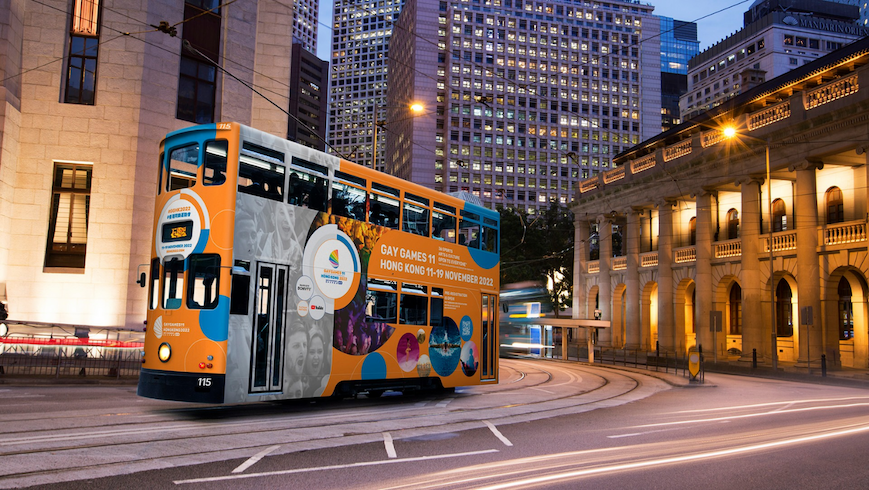
Numbers show that Hong Kongers may be on the fence about LGBT equality, although they are tilting towards the positive: a 2019 survey conducted by the Chinese University of Hong Kong (CUHK) showed that 60% of the respondents said they agreed or very much agreed that there should be legal safeguards against discrimination based on sexual orientation in Hong Kong.
But conservative voices in Hong Kong’s legislature pose an obstacle to the passing of laws aimed at recognising the rights of sexual minorities in the city.
In June, pro-establishment legislator Junius Ho called the Gay Games, which were slated to be held in Hong Kong next year but have since been postponed due to COVID-19, “disgraceful.” The revenue that the international sporting event would bring into Hong Kong would be “dirty money,” he suggested.
Tse is pleased that Hong Kong will be the first Asian city to host the Gay Games, hopeful that it will inspire more people to show solidarity with the LGBT community.
But what matters more than public opinion is still the acceptance of those closest to him. “I only hope my mum up in heaven supports me,” Tse says.
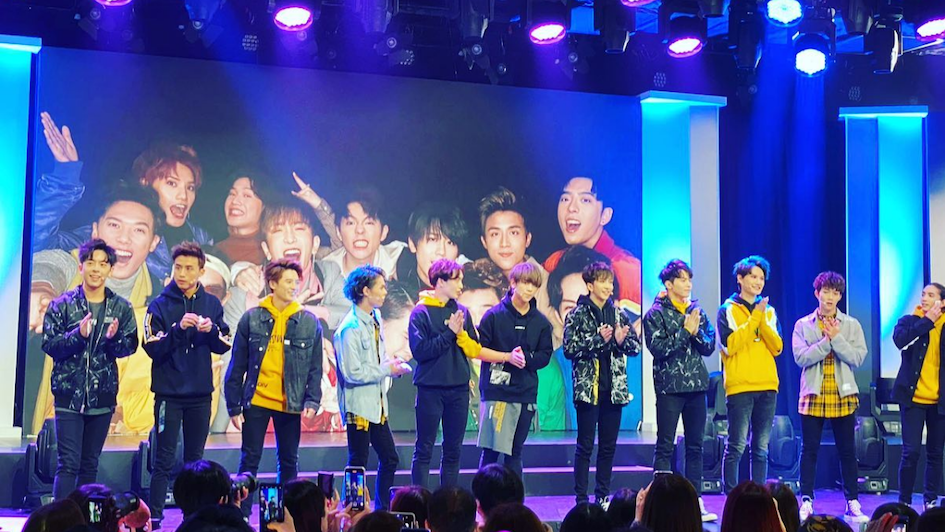




Reader Interactions